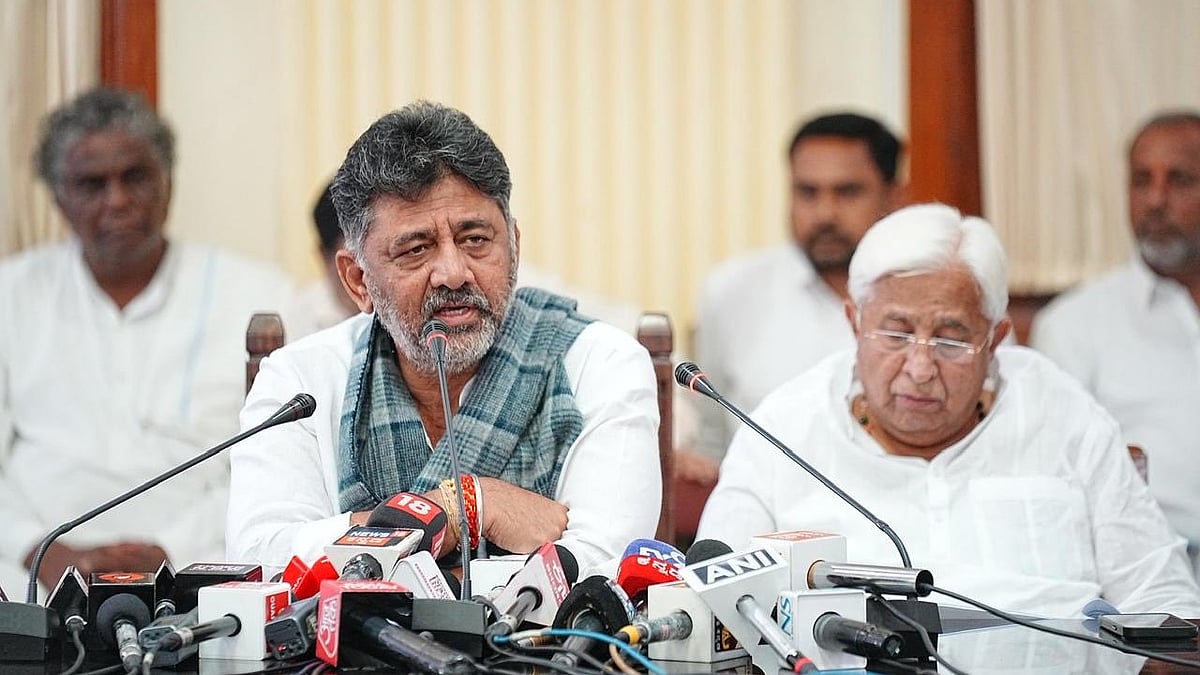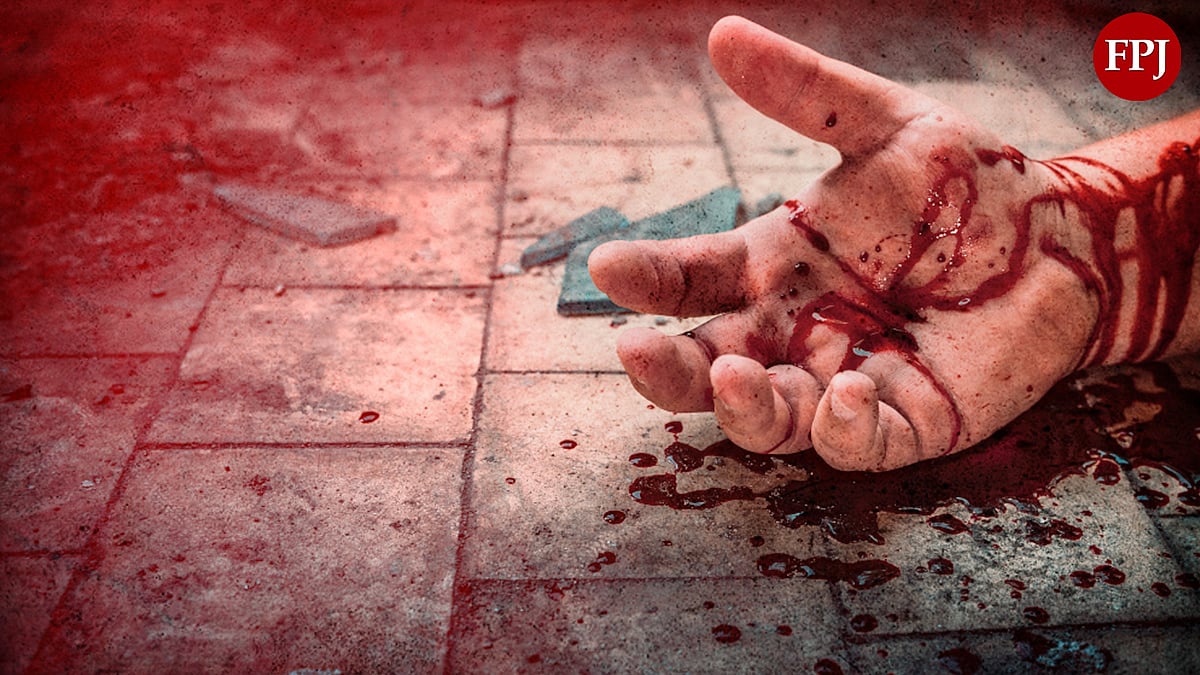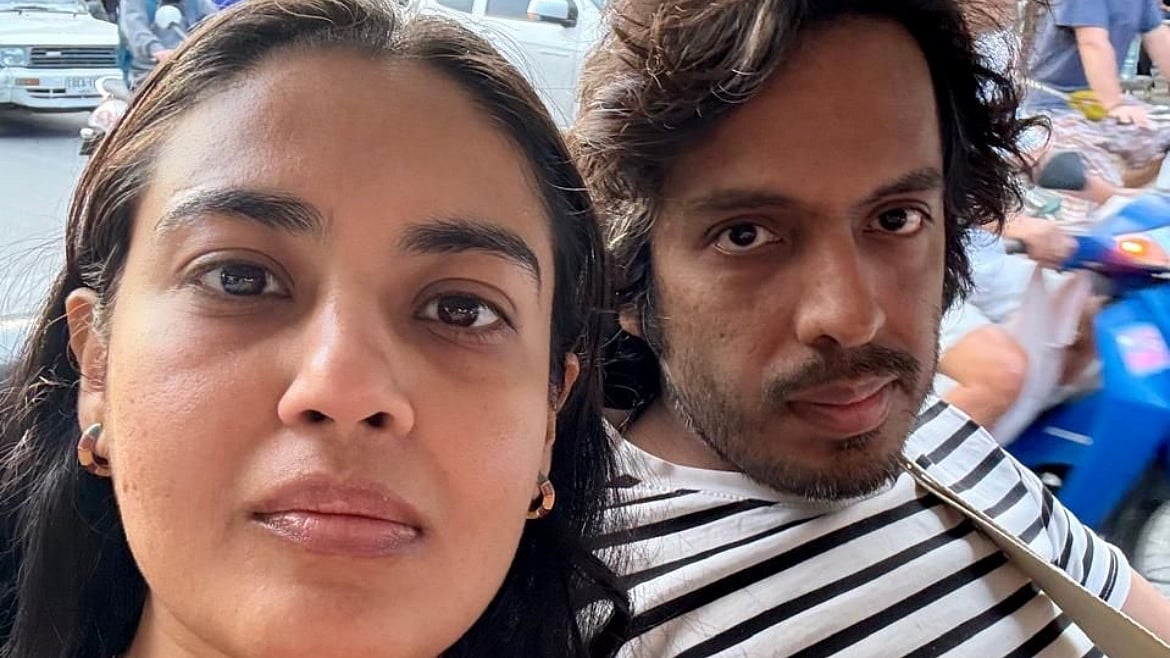Maharashtra Chief Minister Devendra Fadnavis on Saturday claimed that Pakistan is attempting to “assert its presence” through proxy attacks, following the car blast in Delhi that killed 15 people. He was speaking at a public gathering at the Gateway of India to mark the approach of the 17th anniversary of the Mumbai 26/11 terror attack.
Fadnavis said that Pakistan is aware it can no longer challenge India in a direct fight and therefore continues to pursue indirect tactics designed to create fear and instability.
“Pakistan now knows that it cannot defeat India in a direct fight. Therefore, it tries to wage a proxy war, a pseudo-war, and with an explosion in Delhi, it attempts to assert its presence once again. But I am glad that today we have a changed India,” he said.
Indian agencies prevented larger attack
The Chief Minister further alleged that Pakistan’s intent was to target major Indian metros, including Mumbai, but its plans were disrupted by the country’s intelligence and counter-terror operations. He said that around 3,000 kilograms of RDX was seized by security forces, which he claimed was meant for coordinated strikes across multiple cities.
“When our Indian agencies sensed this and directly attacked them, they demonstrated their presence by carrying out an explosion in Delhi,” he added.
So far, the Centre has neither confirmed nor denied Pakistan’s involvement in the blast near Red Fort.
“Had there been Operation Sindoor after 26/11, no one would attack India”
In a sharp reflection on past policy decisions, Fadnavis remarked that if India had carried out a military response similar to Operation Sindoor after the Mumbai attacks in 2008, no further attempts would have been made against the nation.
“PM Narendra Modi has said terror and talks can not go together and gave freedom to the armed forces to take action. Through Operation Sindoor, the world saw India’s might. India is a strong country and the war against terror is not over,” he stated.
The 26/11 terror attack carried out by armed Pakistani terrorists killed at least 166 people and remains one of the darkest chapters in modern Indian history.
(With agency inputs)










